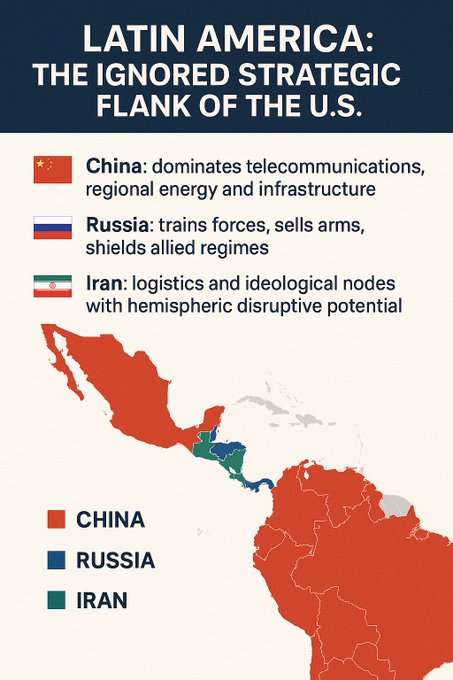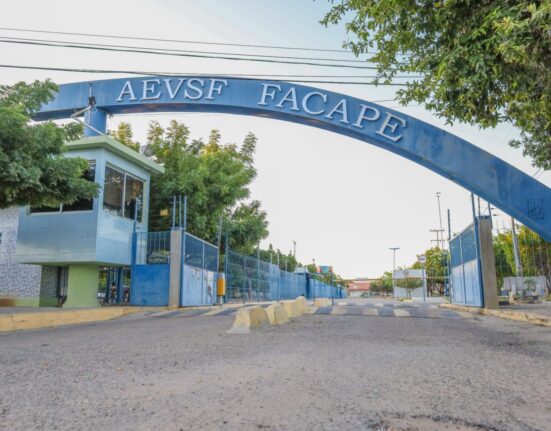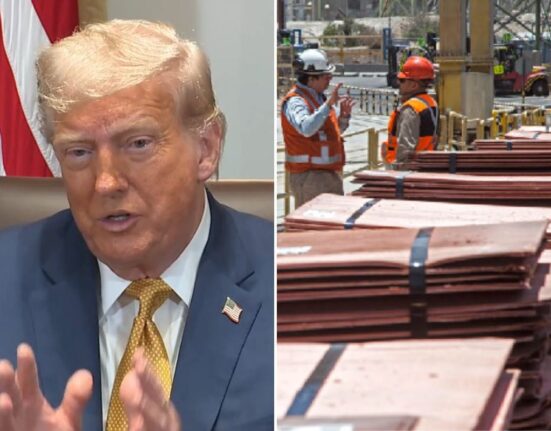Latin America: The Overlooked Flank of U.S.
National Security.
For over 25 years, U.S.
policy toward Latin America has been erratic, fragmented, and largely reactive.
This has allowed China, Russia, and Iran to quietly secure strategic footholds across the region.
The implications of this geopolitical shift are significant, especially considering the historical influence the United States has had in the region..
In recent years, China has significantly increased its presence in South America through investments in infrastructure, technology, and trade agreements.
This has raised concerns among U.S.
policymakers about China’s growing influence in the Western Hemisphere.
Russia has also been expanding its military cooperation with countries like Venezuela and Nicaragua, posing a potential challenge to U.S.
interests in the region.
Additionally, Iran’s outreach to countries like Bolivia and Venezuela has raised alarms about potential security threats..
The lack of a coherent and proactive U.S.
strategy in Latin America has allowed these rival powers to exploit the void and establish stronger ties with countries in the region.
This has not only weakened U.S.
influence but also raised concerns about the potential implications for regional stability and security.
The U.S.
may need to reassess its approach to Latin America to counter the growing influence of China, Russia, and Iran, and maintain its strategic interests in the region..









Leave feedback about this